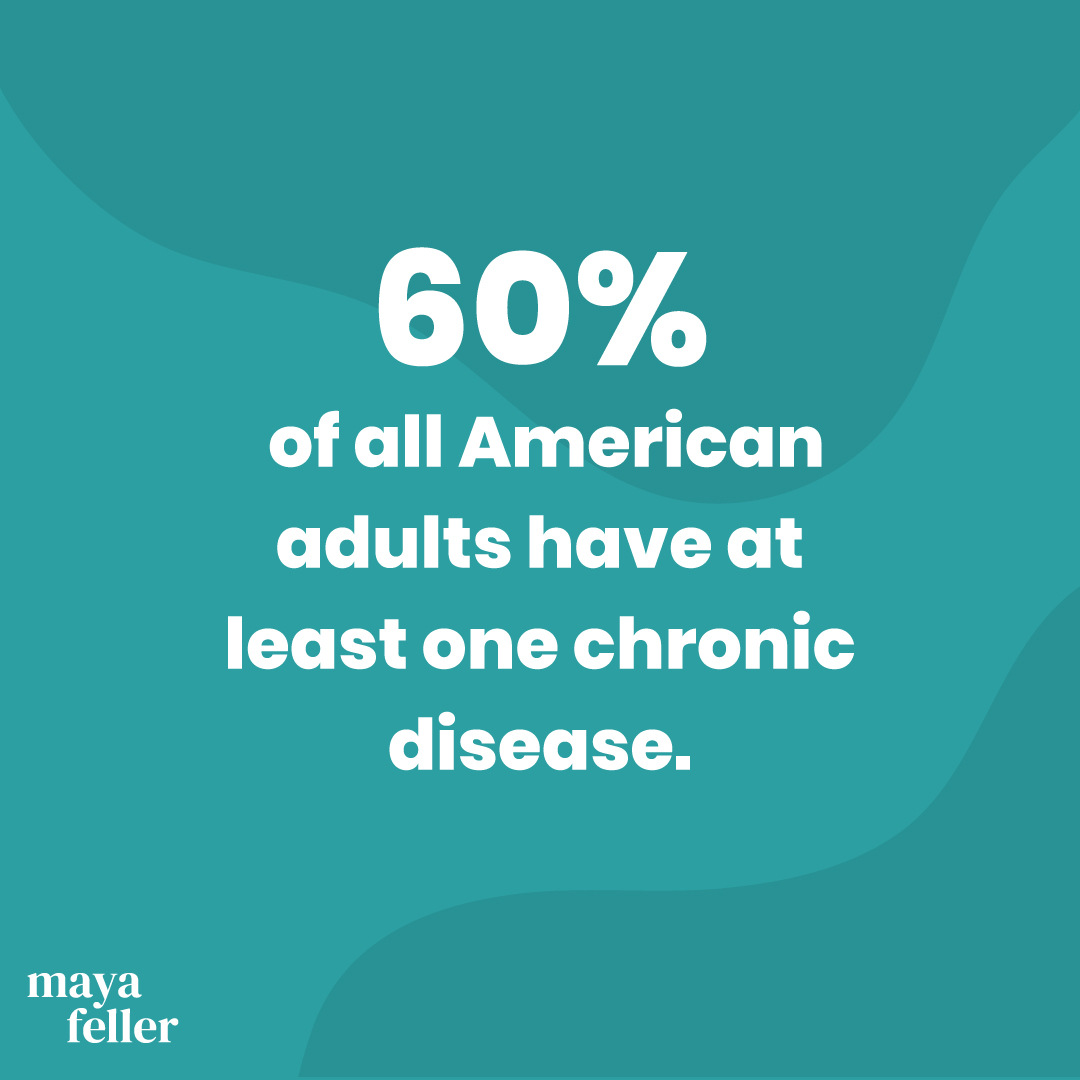Chronic Inflammation: What It Is, What It Does, and How to Fight It
Chronic inflammation is a term that is often used in relation to illness, but what exactly is it?
What does it do, why does it increase the risk of disease, and how can you prevent it?
These are the very questions that need to be asked and effectively answered if we want to turn the tide and return to improved health.
If you find yourself asking these same questions, take a few moments and keep reading, as I seek to provide the answers to these questions and more!
What is Chronic Inflammation?
To understand chronic inflammation and where it comes from, we must first take a look at inflammation as a whole.
Based on the medical community’s common understanding of human physiology and scientific research, we know that inflammation is your immune system’s response, or in more simple terms–your body’s defense mechanism—to harmful stimuli in an attempt to protect and heal your body, ultimately preserving your health. [1]
Acute vs. Chronic Inflammation
Now, your body was built to handle acute inflammation, or short-term bouts of inflammation. A great example of acute inflammation is a paper cut: Your body produces a discolored, swollen area as it attempts to heal the cut. After a few days, the inflammation subsides and life resumes as normal.
Acute inflammation of this type typically lasts about two weeks. [2]
But not all inflammation is acute, or short-lasting. Sometimes, especially within the body, acute inflammation can blaze out of control, resulting in chronic inflammation. And this type of inflammation typically lasts several months to years. [3]
So, what causes chronic inflammation? Examples include autoimmune conditions; chronic stress; excessive and constant exposure to added sugars, salts, and saturated and synthetic fats; or even long-term exposure to certain toxins or chemicals.
But since you can’t see chronic inflammation like you can a paper cut, how do you know if it’s impacting you? Take a look at some of the signs of chronic inflammation below.
Signs of Chronic Inflammation
There are certain signs or symptoms that occur when you have chronic inflammation. Here are some of the most frequent: [4]
- Body pain, including in the joints and muscles
- Chronic fatigue
- Insomnia
- Depression, anxiety, and other mood disorders
- Gastrointestinal symptoms such as constipation, diarrhea, and acid reflux
- Unintended weight gain or weight loss
- Frequent infections
The Long-Term Impacts of Chronic Inflammation
Chronic diseases impact people in all areas around the globe.
Here in the U.S., we’re seeing a dramatic increase in the prevalence, with 60 percent of all American adults being diagnosed with at least one chronic disease. [5] And the one thing most of these diseases have in common is that they tend to stem from chronic inflammation.
Chronic inflammation is linked to the development of heart disease, diabetes, cancer, autoimmune disease, arthritis, and other noncommunicable diseases.
How prevalent are these diseases? Take a look at some of these sobering statistics.
- Diabetes: In 2017, it was estimated that more than 450 million adults had diabetes. And this number is projected to grow by about 1.5 times to almost 700 million by 2045. [6] Additionally, more than 1 million children have type 1 diabetes.
- Heart disease: According to the American Heart Association, heart disease is responsible for every 1 in 3 deaths in the U.S. Globally, it’s responsible for more than 30 percent of all deaths.
- Arthritis and other joint diseases: Impacting around 350 million people globally, pain stemming from joint inflammation is on the rise—especially in the U.S., where the incidence is expected to continue growing over the coming years.
It’s important to note that, according to a 2015 study, inflammatory diseases such as heart disease, diabetes, cancer, and respiratory disease account for more than 80 percent of all deaths due to premature noncommunicable diseases. [7]
The takeaway here is that chronic inflammation isn’t only a very real problem at the moment, but it’s expected to become even more prevalent and worrisome over the coming years.

Diagnosing Chronic Inflammation
So, aside from looking at the symptoms, how do you know for sure if you have chronic inflammation?
Your liver produces a protein called C-reactive protein, or CRP, and the more inflammation you have, the higher your CRP levels will be. [8]
To be diagnosed with chronic inflammation, your CRP level must be at least 1 per each liter of blood in your body. [9]
If you suspect that you may have chronic inflammation and want to know for sure, discuss having your CRP levels checked with your primary physician.
What You Can Do About Chronic Inflammation
Fortunately, research has shown that you can take several lifestyle steps to help manage as well as reduce the risk of developing chronic inflammation. Here are a few helpful tips to get you started:
1. Prioritize your nutrition.
Numerous studies have shown that regular consumption of micronutrients such as magnesium, vitamin D, vitamin E, zinc, and selenium contain anti-inflammatory properties.
In fact, magnesium is known to have some of the most anti-inflammatory properties of all nutrients!
Research shows that including a wide variety of plants (fruits, vegetables, whole and ancient grains, beans, nuts, and seeds) into your regular pattern of eating helps to fight inflammation and support whole body health and well-being. [10]
2. Take time to rest and restore.
Consumption in every form matters, meaning that what you surround yourself with is just as important as what you eat. Taking time to create space for restorative practices significantly reduces stress.
3. Move regularly.
Researchers recently found that engaging in even one moderate exercise routine or 20 minutes reduced inflammation in participants. So, whether you like to walk, run, strength train, whatever … find a way to incorporate intentional movement into your routine to help keep chronic inflammation at bay. [11]



Leave a Reply